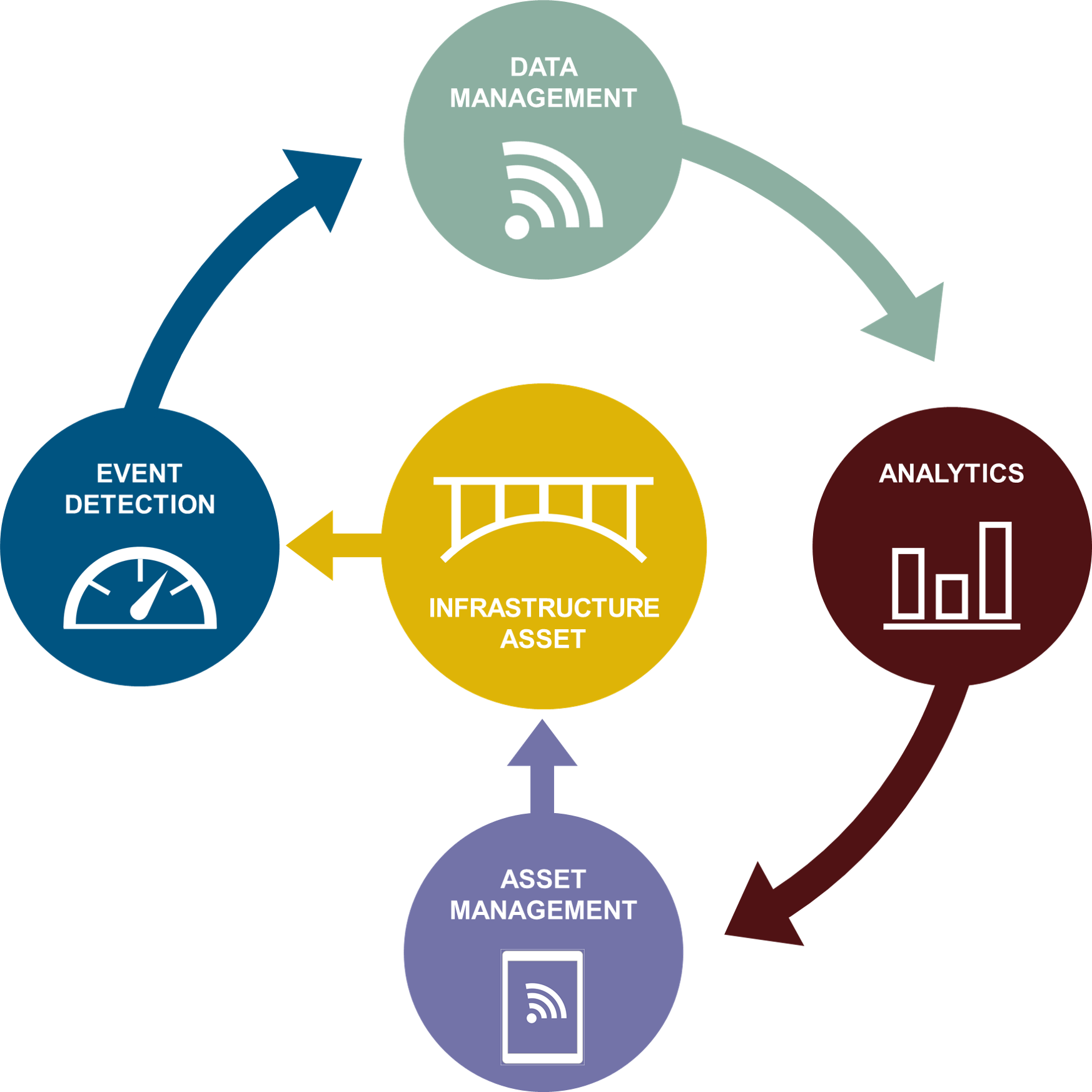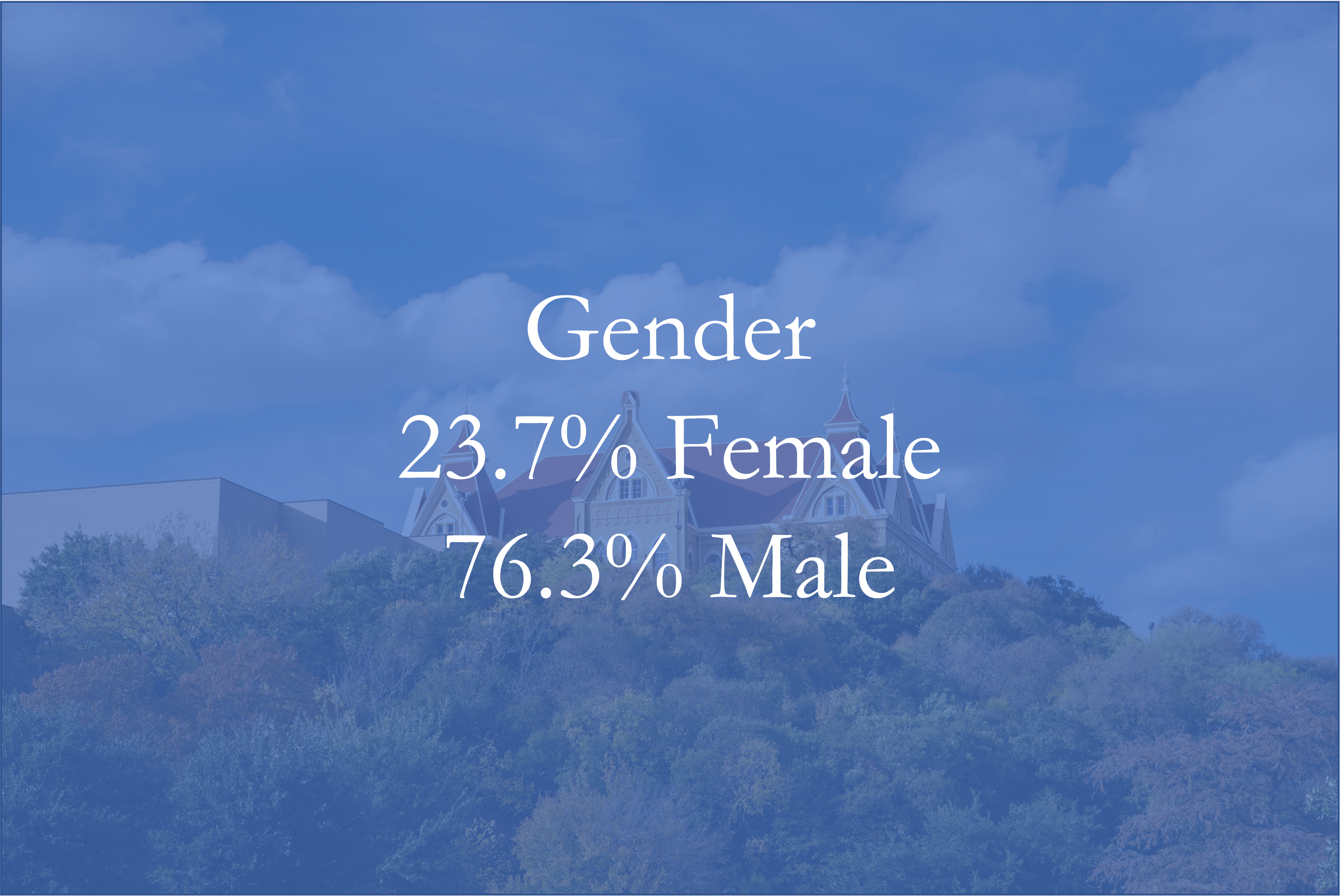Civil Engineering (CE)
Leaders of Infrastructure Design.
Civil engineers lead in the design, monitoring, maintenance and management of the essential infrastructure for communities around the globe.
"Civil engineering is everything you see that’s been built around us. It’s about roads and railways, schools, offices, hospitals, water and power supply and much more. The kinds of things we take for granted but would find life very hard to live without."
- Institution of Civil Engineers (ICE)
Texas State University's bachelor's degree in civil engineering (CE) program is the first CE program in Texas with a holistic emphasis on technology-enhanced infrastructure, including sensors systems; data transmission, storage and sharing; predictive modeling; maintenance protocols; and asset management.
Technology-enhanced Infrastructure (TEI)

Our undergraduate program is one of very few in the nation with a holistic emphasis on the application of technology to the life-cycle management of infrastructure assets. We call it “Technology-enhanced Infrastructure (TEI),” because not all technology is “Smart” but technology can make infrastructure better. Industry, both within and outside of Texas, has told us that this is the direction civil engineering must take in the future.
TEI is addressed in our curriculum in two ways. First, we have a 5-course sequence, stretching from the freshmen to senior year, which addresses several basic principles of TEI. Four of these courses are new and four are interdisciplinary. In addition, every civil engineering numbered course addresses at least one aspect (sensors, data, analytics, management) of TEI.
The Civil Engineering (B.S.) program is accredited by the Engineering Accreditation Commission of ABET, https://www.abet.org, under the commission’s General Criteria and Program Criteria for Civil and Similarly Named Engineering Programs.
340+ Civil Engineering Majors
$95K Annual mean wage of Civil Engineers in Texas
5% Employment growth from 2022 to 2032
Minimum required: 126 semester credit hours
Career Opportunities
Civil and environmental engineers work in a variety of career paths in both the public and private sectors, all aimed at building a safer, stronger and more sustainable world, including:
- Environmental Engineering
- Geotechnical Engineering
- Materials Engineering
- Structural Engineering
- Transportation Engineering
- Water resources Engineering
Class Profile



